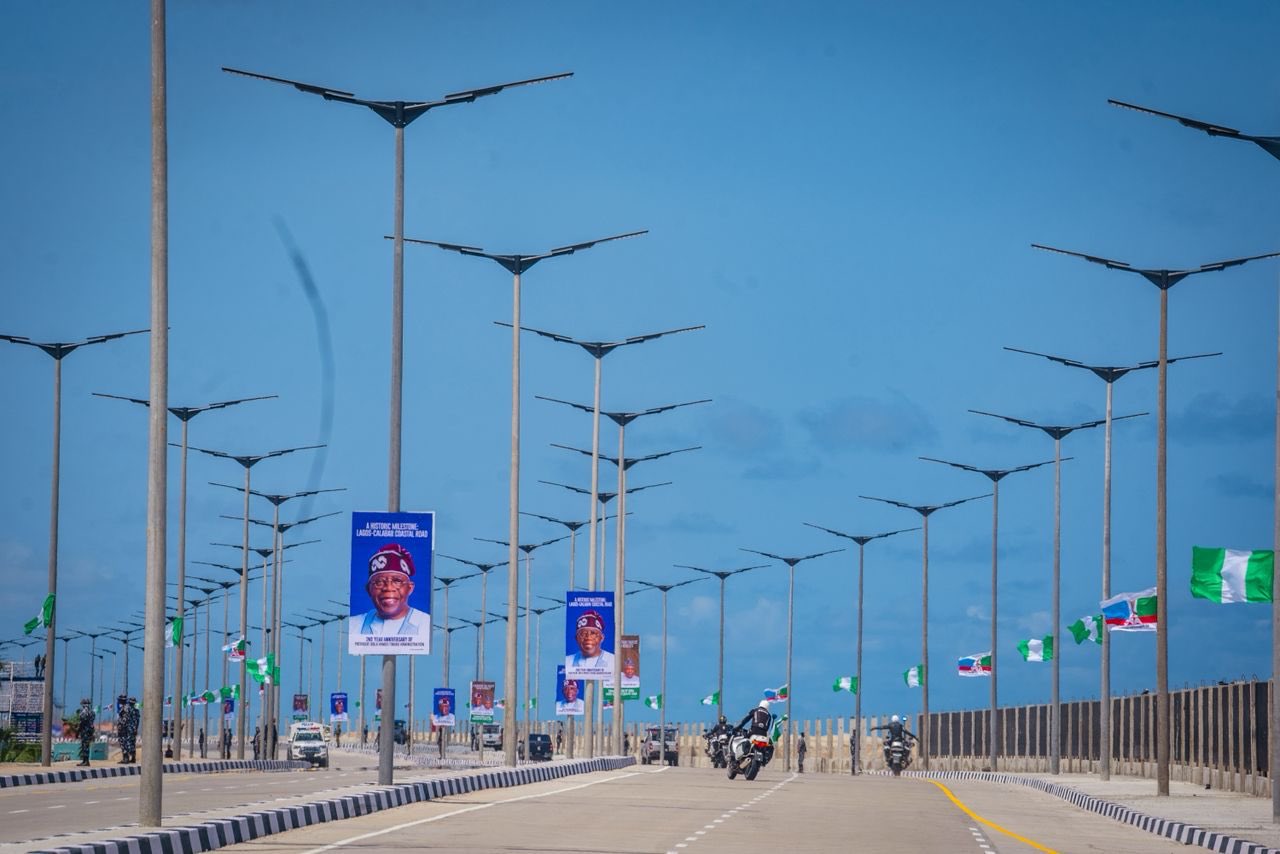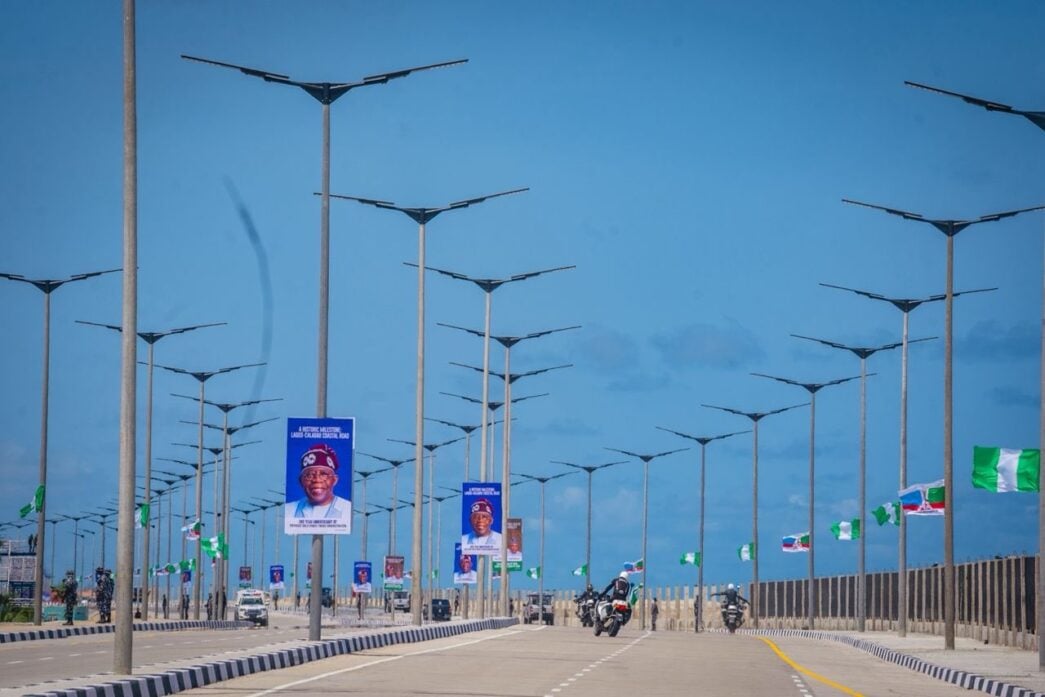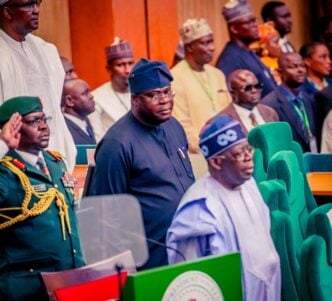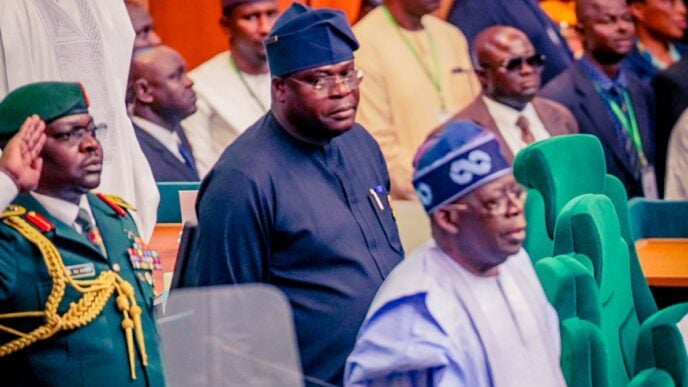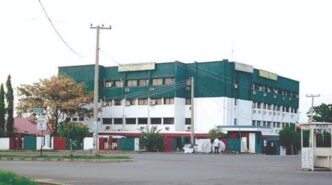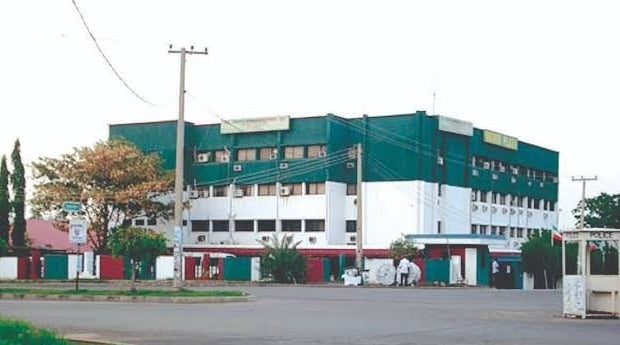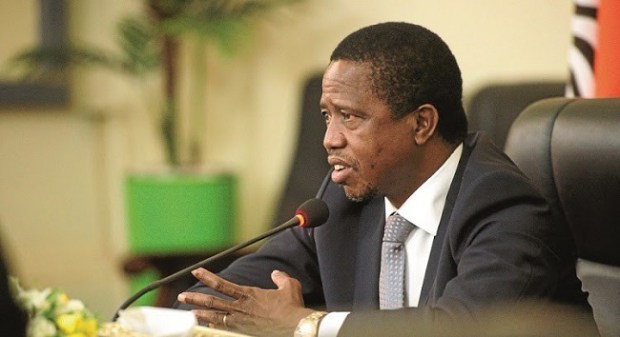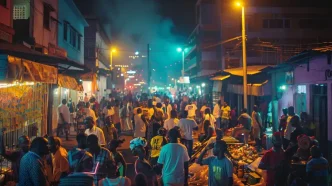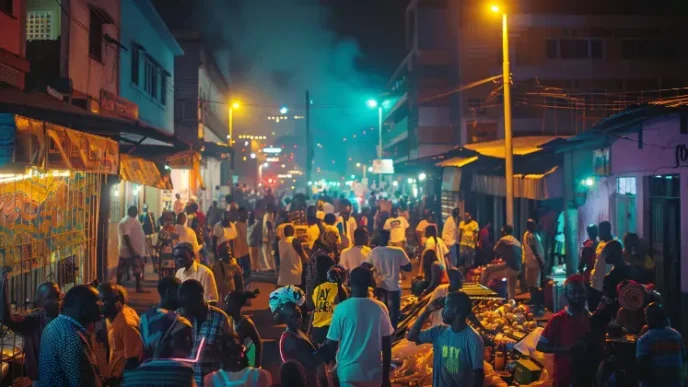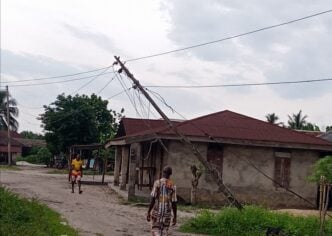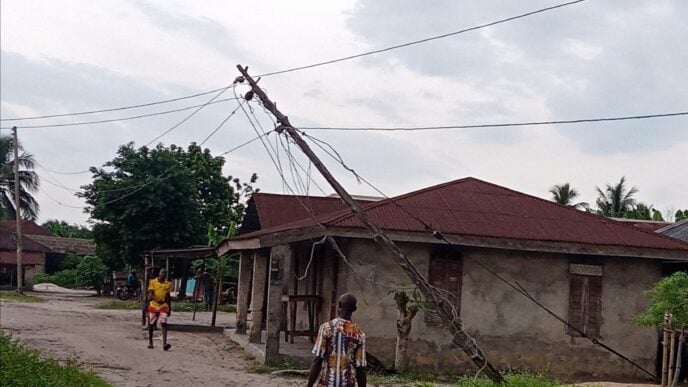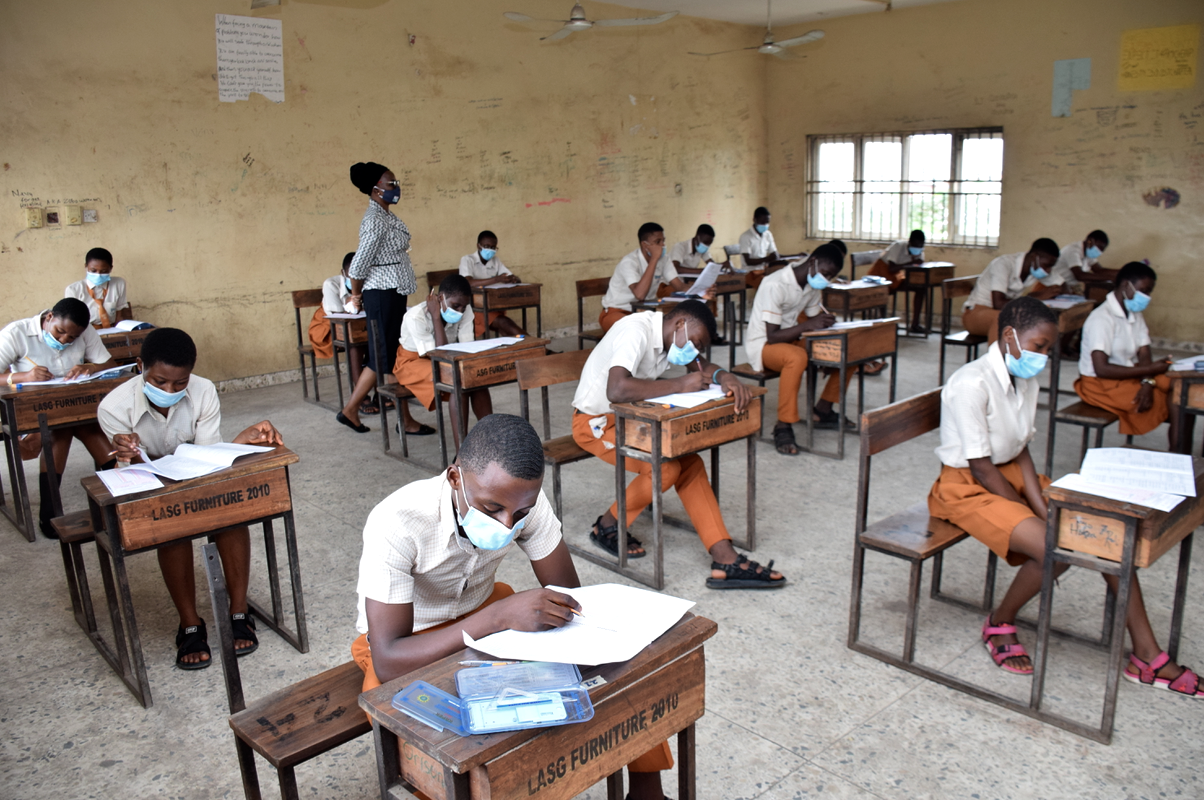Lagos-Calabar coastal highway
BY LEKAN OLAYIWOLA
In every nation, there are moments when progress tests the soul of policy. The Lagos–Calabar Coastal Highway is one such moment. With promises of connectivity, economic revival, and strategic transformation, the 700-kilometre stretch from Victoria Island to Calabar offers a technocratic dream. But the question is not just where it leads, but what it forgets.
Uneven engagement along the Lagos–Calabar coastal highway
Our preliminary Empathy Impact Assessment (EIA) of government-citizen engagement along the corridor reveals stark asymmetries in which coastal heritage communities feel excluded, while those left uncompensated feel erased. And public branding of critics as “ignorant” by ministerial spokespeople only deepens the wounds sustained by many affected populations.
Advertisement
In Lagos, engagement began not at the grassroots, but at the gates of affluence. The proposed demolition of the Landmark Beach Resort and surrounding businesses triggered a media firestorm and rapid civic mobilisation. The government, faced with vocal resistance from elite stakeholders, reversed course, realigning the route to spare key commercial properties. It was a moment that demonstrated responsiveness, but also laid bare a hierarchy of attention. Those with platforms were heard. Others were not. In Lafiaji and Okun Ajah, over 80 homeowners, including professionals and diaspora investors, wrote to President Bola Tinubu alleging that Minister Umahi diverted the highway to favour political elites.
In Ogun, civic silence settled early. As the highway prepared to enter its eastern stretches, affected communities like Ode-Omi and Ijebu Waterside were largely absent from public briefings. The state’s decision to suspend planning approvals hinted at internal governance friction, but no structured engagement reached local chiefs or villagers. Displacement loomed quietly, with no rituals of consultation to soften the ground it threatened to displace.
In Ondo, the silence turned into resistance. The historic Ilaje coastline, once a hub of maritime trade and cultural memory, was excluded from the revised alignment. Here, protest came not from immediate eviction, but from the pain of erasure. Afenifere, the Pan-Yoruba socio-political group, condemned the route realignment as an act of historical betrayal. Ilaje voices invoked maps from 1900, reclaiming their place in the national coastal imagination. Yet the official silence remained.
Advertisement
In Delta, the exclusion echoed but found fewer microphones. No formal statements were issued by affected local governments, but regional commentators expressed dismay that the Niger Delta, long the financial artery of Nigeria, was now architecturally bypassed. The grievance was not about logistics. It was about legitimacy.
In Bayelsa, invisibility reigned. The state, despite its labyrinth of riverine communities and cultural wealth, received no ministerial visits, no public hearings, and little media attention. In our analysis, Bayelsa wasn’t displaced; it was unacknowledged. And in moral cartography, that’s a deeper loss than eviction: it’s civic nonexistence.
In Rivers, the conversation was muddled. The Eleme–Onne corridor received attention, but largely through a separate tax credit project. Any integration with the coastal highway felt incidental. As in Bayelsa, there was no robust community-level engagement. The project passed through Rivers. It did not listen there.
In Akwa Ibom, optimism appeared, particularly in Ibeno and Eket, where tourism potential raised hopes of economic benefit. Yet even here, community input was top-down, framed by promises rather than participatory design. There were no accessible reports of town hall consultations or ethnographic mapping. The support felt aspirational. The engagement, superficial.
Advertisement
In Cross River, especially in Calabar, the road was long-awaited. Decades of stalled coastal ambitions made this project feel like a reward for patience. But the excitement masked a question: Were residents co-authors of this vision, or simply recipients? Even in celebration, the pattern was consistent; there was reach, but not depth.
What Is Being Built—and Buried?
The farther one moved from Lagos, the fainter the government’s listening became. The argument that construction is not in earnest outside Lagos and Calabar is fair. However, the silence elsewhere is still ethically significant and not solely about sequencing. Road construction may be phased, but public consultation should be foundational, not reactive. By the time machinery moves in, design decisions and alignments are already finalised. The absence of early engagement in states like Ondo, Delta, and Bayelsa suggests not just delay, but disengagement at the formative stages. Empathy doesn’t wait for its turn. It builds the table first, not the tarmac.
To chart a society’s emotional geography, what we track must be more than construction vehicles, kilometres of concrete poured or billions spent in the budget; we must also register erasure. In public infrastructure development, opportunity cost, including displacement, ecological disruption, and social fragmentation, is as consequential as the utility. This captures a crucial truth: that displaced communities, heritage loss, and foregone alternatives deserve equal ethical and strategic weight as what is gained (mobility, GDP growth, modernisation). Public infrastructure must be judged not only by what it builds, but by what it breaks.
Advertisement
In contrast, coastal communities beyond Lagos report feelings of exclusion and invisibility, as little or no engagement preceded implementation. Worse still, the Relational Repair Quotient remains near zero because ancestral trauma, displaced livelihoods, and disappeared communities go unacknowledged.
Consider this: if a fishing village loses generational land with no oral history recorded, ritual apology offered, or trauma mapped, have we not erased more than land? Development must move; Nigeria cannot stall in sentiment. But neither can we build legitimacy over a foundation of silence.
Advertisement
A Call to Design with Empathy
An ethical lens forces us to peer beyond compensation receipts. It challenges to ask: What unseen damages are being memorialised or buried by progress? This road, if built at current ethical costs, will transport goods but also carry unhealed histories and fractured communities. Like many past projects, it risks being remembered not for economic gain, but for social erasure. Citizens hardly remember fiscal figures, but they do remember unattended grief and abandoned livelihoods.
Advertisement
We should convene Empathy Hearings, where displaced or excluded voices are invited not only to protest but to be heard, remembered, and archived. We need a Civic Redress Archive—a publicly accessible record of impacted communities, ancestral shrines, and intergenerational losses. We must enforce an Ethical Infrastructure Clause, which legally requires any megaproject to conduct humane audits that weigh not just carbon costs, but dignity costs.
Progress, after all, is not just about destinations. It’s about whether the journey keeps its conscience alive. In a country both wounded and wondrous, every project must be a chance to remember, restore, and rise. Let us build this road not simply to connect the coast but to include those on the margins of society.
Advertisement
Lekan Olayiwola is a peace and conflict researcher and practitioner. He can be reached via [email protected]
Views expressed by contributors are strictly personal and not of TheCable.
